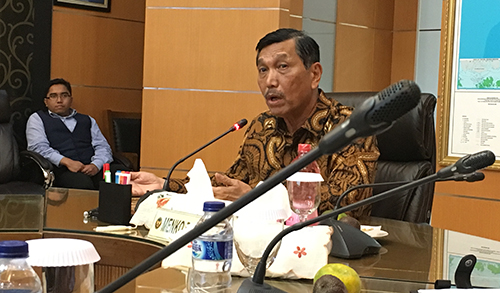Sumit Galhotra/CPJ Asia Program Research Associate
Sumit Galhotra is the research associate for CPJ's Asia program. He served as CPJ's inaugural Steiger Fellow and has worked for CNN International, Amnesty International USA, and Human Rights Watch. He has reported from London, India, and Israel and the Occupied Territories, and specializes in human rights and South Asia.
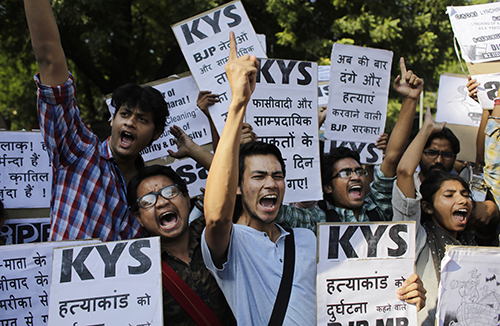
In India, politics of beef and rising intolerance threaten press freedom
The violence over the tightening of laws banning the consumption of beef in parts of India and debate over the reach of a right-wing Hindu agenda are having an impact on press freedom. An editor who wrote about the benefits of beef was fired last week, journalists have received death threats from extremist groups, and…
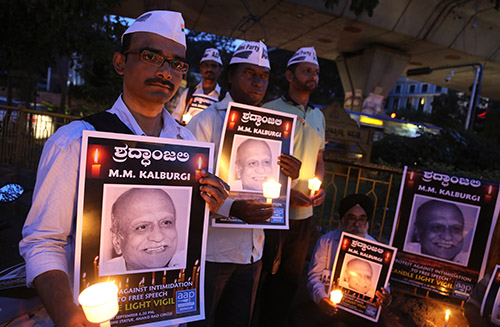
Indian journalist named on hit list as threats against critical voices escalate
“These people will kill you,” Nikhil Wagle, a prominent journalist in India, told me as we discussed reports of him being named as a target by a member of a hard-line Hindu group who is being questioned by police over the murder of a writer.
Indonesia should pursue justice in 1996 murder of journalist Udin
This past month marked 19 years since Indonesian journalist Fuad Mohammad Syfruddin was murdered. On August 16, 1996, Udin, as he was popularly known, died from injuries he sustained during an attack by unidentified assailants in his home. Udin, a correspondent for the Yogyakarta daily Bernas, had written articles on land disputes and local government…
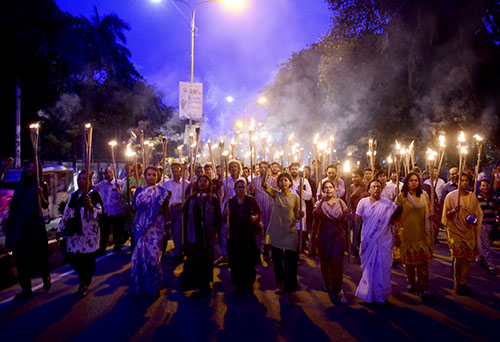
Case will test Bangladesh and its commitment to justice for bloggers
Murder charges filed this week against five suspected Islamist militants in the killing of a Bangladesh blogger give the government a chance to prove it’s serious about protecting the nation’s bloggers. The formal charges, filed in connection with the March killing of Washiqur Rahman Babu, mark the first time charges have been brought in any…
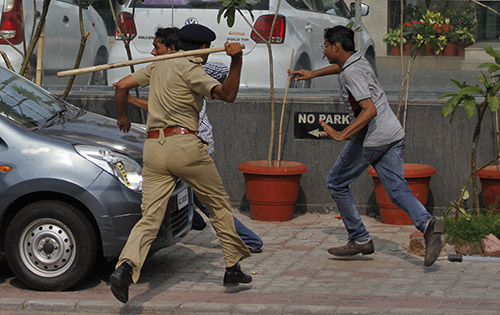
Amid claims of police beatings during Gujarat clashes, India should step up press protection
Images of police forcibly suppressing protesters, such as the one above, are seen in many places around the world. Too frequently, journalists trying to cover these events find themselves caught in the crosshairs, with news crews beaten by police batons, exposed to teargas or hit by water cannon. From race riots in Ferguson in the…
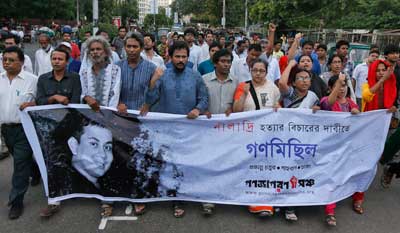
Hasina government must do more to protect Bangladesh’s bloggers
Asif Mohiuddin’s stab wounds are still visible two years on. In January 2013, the outspoken Bangladeshi blogger narrowly escaped death after he was attacked near his office by knife-wielding assailants. His attackers stabbed him nine times on his neck, head, and back, narrowly missing his spine.
More signs of Myanmar’s toughening stance on media
Myanmar’s parliament yesterday voted against several constitutional amendments that keep the military’s veto power intact, dealing a blow to hopes for fuller democracy, according to the BBC. And outside the legislature authorities are accelerating the pace at which they undoing democratic reforms.
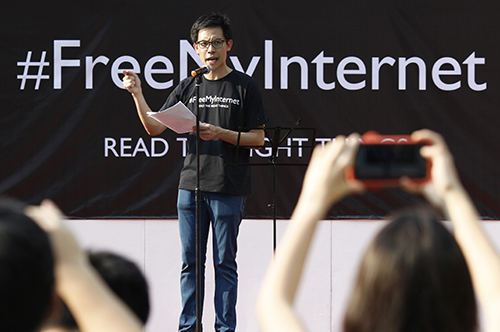
Blogger in Singapore faces financial ruin following defamation suit
“If we want our freedom, we have to fight for it,” wrote blogger Roy Ngerng last year after he was sued for defamation by Singapore’s prime minister. The case was sparked by a blog post in which Ngerng allegedly suggested Prime Minister Lee Hsien Loong had misappropriated funds in a state pension system. In November,…
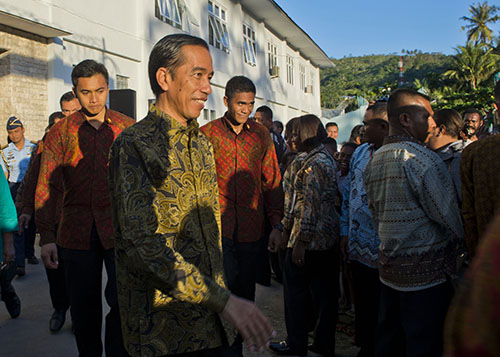
In Indonesia, promising steps on Papua access but more work needed
Last month Indonesia’s President Joko Widodo, known as Jokowi, announced his intention to allow international journalists access to restive regions including Papua and West Papua–an issue the Committee to Protect Journalists has long advocated for.
